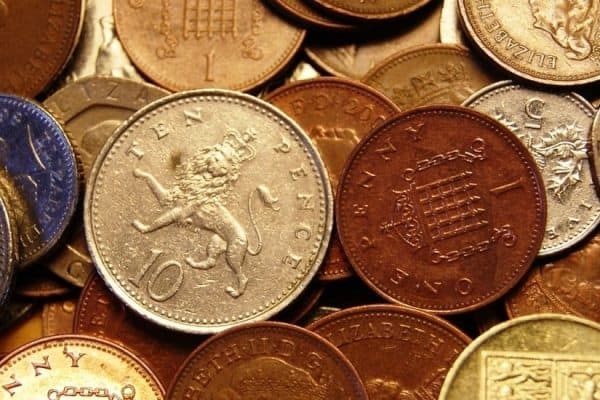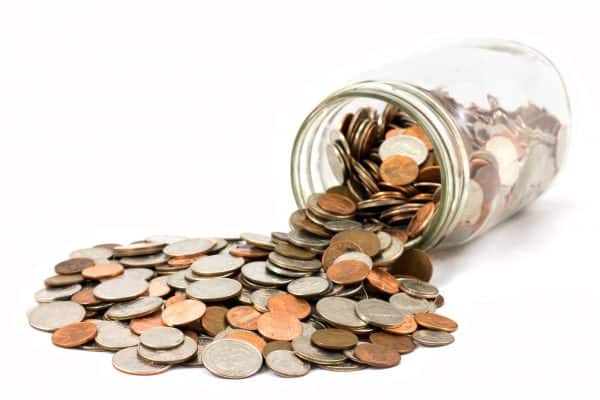Your credit score is an assessment of your financial history. This score tells potential lenders how likely you are to pay back a loan in full. Bad credit means that you have a poor credit history, and so are seen as less likely to pay back a loan on time and in full. This can have a big effect on your financial life and affect what loans may be open to you. In this guide, we’ll go over everything you need to know about bad credit, from what causes it to how you can improve it.
What is a Bad Credit Score?
A bad credit score flags you as a risk when it comes to making payments. The actual number of the score depends on the Credit Reference Agency used to check your credit score. Generally speaking, a poor credit score has a numerical value of below 600 and can go as low as zero.
Want to know more about credit scores? Take a look at our post on What is a Credit Score?
There are three main Credit Reference Agencies (CRAs) in the UK, these are Experian, Equifax and TransUnion.
Each of these agencies gives a numerical scale for credit scores, but each one has a different scale. The number your credit score has will fall into excellent, good, fair, poor, and very poor. If you fall into poor or very poor, this is classed as low credit. Here’s what the numbers are for each company:
| Credit Score | Expedian | Equifax | TransUnion |
| Poor | 561 – 720 | 280 – 379 | 551 – 565 |
| Very Poor | 0 – 560 | 0 – 279 | 0 – 550 |
The lowest score you can have in your credit rating is zero. This can be due to either having no credit history or having a very bad credit history. Although the scales are different for each agency, anything below 600 is either very close to or has a low credit score.
What Causes a Bad Credit Score
There are lots of things that can affect your credit score, causing you to have bad credit, anything that shows you are a risk when it comes to paying back a loan on time and fully, such as late payments on a bill, will negatively affect your credit rating. This can even include never taking credit, as with no credit history there is no way to assess you, so you are considered a risk. It’s generally not just one thing that’ll give you a bad credit score, but a build-up of lots of factors that negatively affect your score and drive it down. Some common factors that can cause a drop in your credit score include:
- Never having taken credit
- Applying for lots of loans in a short time
- Missing payments
- Going over your credit limit
- Opening lots of new bank accounts
How Does A Bad Credit Score Affect You?
A bad credit score can have a huge effect on your financial life. It can affect your applications for loans, mortgages, credit cards, car finance and even buying mobile phone contracts. A bad credit score can make it harder to get these, and if you do get approved for a loan or mortgage, you will likely be charged a higher interest rate than you would if you had a good credit score.
Your credit score affects how lenders see you, with a bad credit score you are seen as a high risk, which will affect any of your applications. This means you are more likely to be refused. If you are accepted for credit, you will likely be charged a higher interest as it reduces the risk to the lender if you do not pay the loan back.
A low credit score can also reduce what lenders you have access to. But don’t worry, you can still be accepted. Each lender has different criteria when assessing your credit history, and some lenders specialise in bad credit loans.
Can you Improve Your Bad Credit Score?
Thankfully, your credit score is not fixed, and you can take steps to improve it. Though there is no overnight fix, with a bit of patience and care, you can get your credit score rating to be higher. Some ways to improve your credit score are quick and easy, while others take a little longer to take effect.
To improve your credit score, you need to show that you are no longer a risk to lenders. To do this, you need to prove that you are more financially stable and able to manage your finances better. Some changes you can make to show this include:
- Closing accounts you no longer use
- Paying bills on time
- Use a credit card for purchases and pay it off in full every month
- Don’t go below your credit limit



















